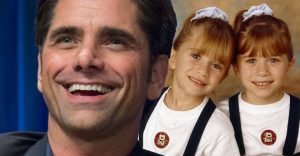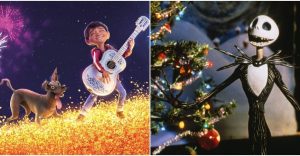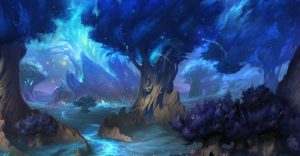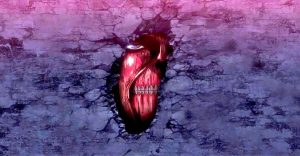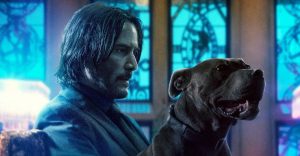Logan Director Clarifies Hugh Jackman’s ‘Different Universe’ Statement
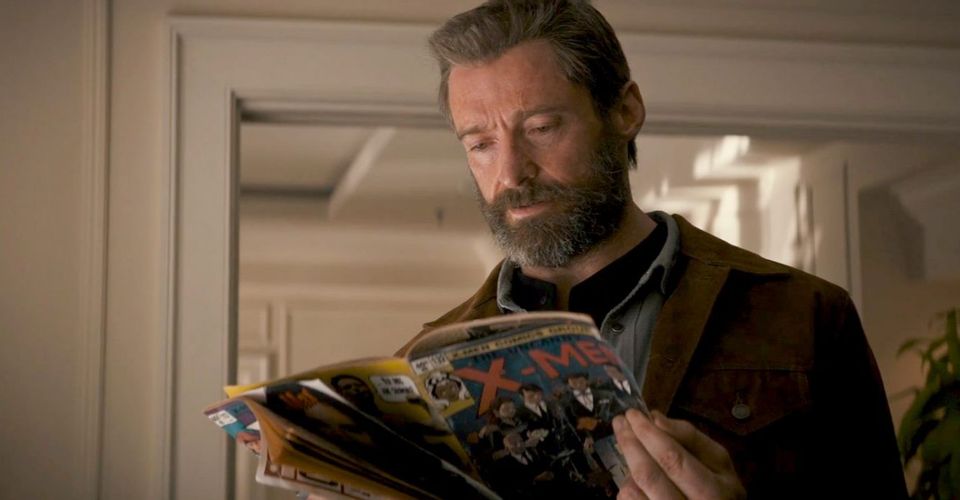
X-Men’s continuity in the comics has always been shaky. The franchise’s history is full of retcons, alternate timelines, and paradoxes. This is one of the aspects most accurately adapted into the films, as each installment would ignore elements of previous movies, especially after X-Men: First Class, which fundamentally altered some of the history mentioned in previous films. To correct this, the franchise hit the reset button with Days of Future Past, which helped clarify some things, but it’s still not a clean continuity. The situation even garners its own joke in Deadpool: “McAvoy or Stewart? These timelines are confusing.”
Because Hugh Jackman is the only actor who plays the same character throughout the different X-Men movie timelines, it’s only natural for a lot of continuity questions to pop up during the lead up to the release of his final Wolverine movie, Logan. The film’s director, James Mangold addressed the issue in an interview recently:
“I always feel like I’m making a one-off movie every time. My feeling is that if you can make a good film, it’s naturally going to lend itself to people wanting to see sequels because it’s good and the characters are rich. I really wasn’t thinking about [passing the torch] – and I know the studio wasn’t because they didn’t even know who X-23 was when I brought it up.”
Speaking on the same topic in a separate interview, Jackman also mentioned Logan’s continuity, raising even more questions about Logan’s connection to past X-Men films:
“When you see the full movie you’ll understand. Not only is it different in terms of timeline and tone, it’s a slightly different universe. It’s actually a different paradigm and that will become clear.”
Jackman even used the words “slightly different universe.” Does that mean the character development and events that shaped Wolverine in the other movies should be partially (if not completely) discounted?

While many fans would love a good excuse to forget about X-Men: The Last Stand, it appears it’s still a part of Wolverine’s life leading to Logan after all. In a conversation with a fan on Twitter, James Mangold clarified that Logan is in the same time fractured universe as all the other X-Men films, it just takes place at a point in that timeline that gives them more freedom:
@Voldemorgoth Don’t think @RealHughJackman said that exactly. Simple fact. We take place in 2029, 5 yrs past anything depicted in XMEN film.
— Mangold (@mang0ld) January 22, 2017
The confusion over Jackman’s words mostly comes down to a different use of jargon. Since most fans like to obsess over character rights sharing in Marvel movies, Star Wars canon, and the DC multiverse, the words “different universe” have an immediate association that’s a little different from how Jackman obviously meant it.
So, Logan most definitely takes place in the same universe as all the other X-Men films, and going back to reevaluate Jackman’s original quotation, we can now infer that he isn’r emphasizing a divide in continuity, but a departure of style and tone. In that same interview, Jackman said “I kept thinking The Wrestler, Unforgiven…” so the context may have already been there to suggest that was the case, but obviously the words “different universe” always perk up a few ears when it comes to comic book movies.
At the end of the day, continuity is only relevant in ways it constrains stories; but as Wolverine says when he finds X-23’s X-Men comics in the new Logan trailer “Maybe a quarter of it happened, and not like this,” so maybe it’s more important to view the legends of Wolverine’s previous adventures in the same way. Besides, based on the trailers for Logan, Mangold and Jackman have put together a movie that might be worth a few timeline contradictions.
Source: James Mangold
- Logan (2017)Release date: Mar 03, 2017
About The Author











